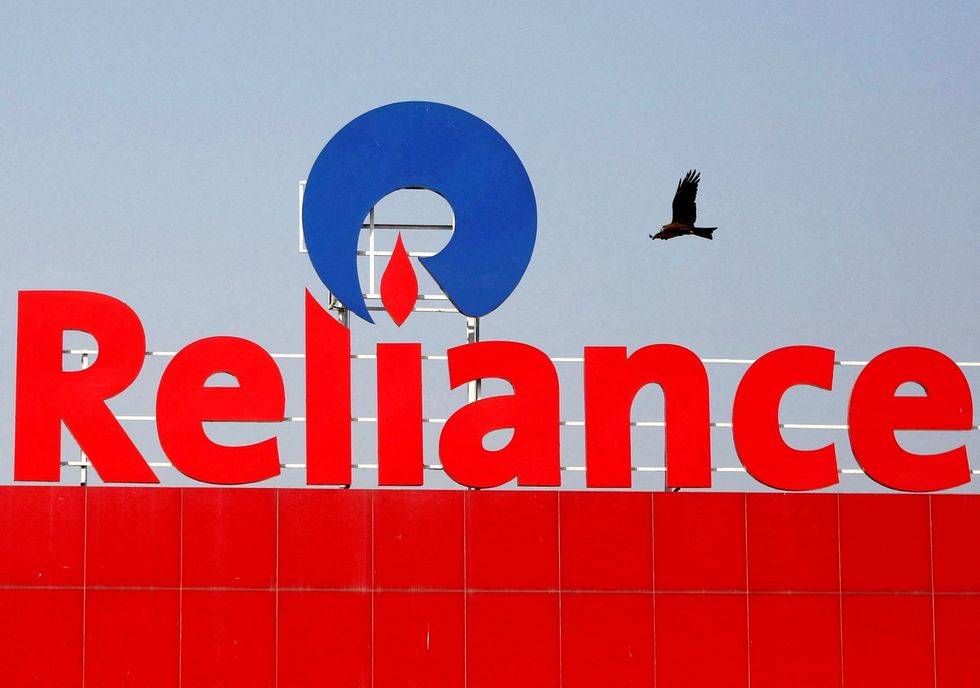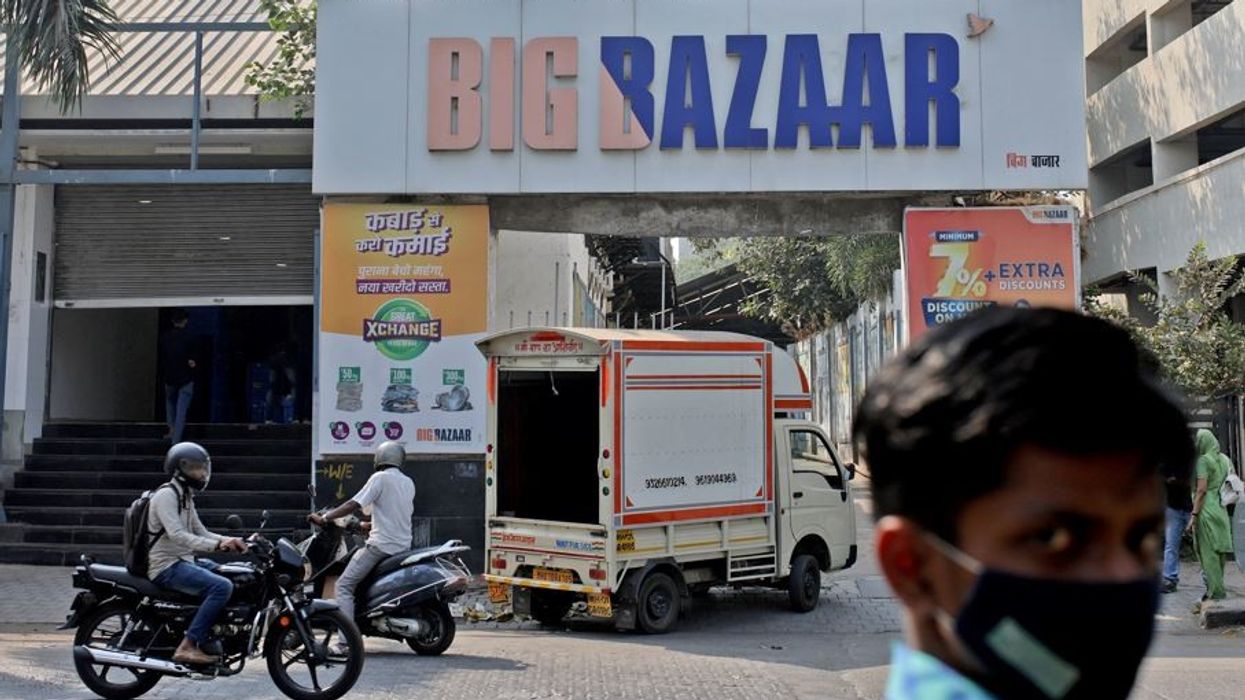AT a large Future Retail supermarket in Mumbai last week, workers were unloading hundreds of bright blue grocery crates belonging to India's biggest retailer Reliance.
Prospective customers were turned back by security, disappointed at the closed state of the store that still carries the signage of Future's biggest brand, Big Bazaar, but which will likely soon be rebranded as a Reliance outlet.
Across India, similar scenes are being played out as Reliance Industries presses ahead with a shock de facto takeover of prized retail real estate that Amazon has been keen to take part-ownership of.
The high-profile dispute in which Amazon has sought to block Reliance's planned $3.4 billion purchase of Future Group's retail assets is currently before India's Supreme Court.

Reliance's takeover began with utmost stealth on the night of Feb. 25 when its staff began arriving at Future stores. Many in Future's management were reportedly in the dark about the plans.
"It was tense, everybody was panicking. We didn't know who they were. They wanted access and seniors didn't know about it," a New Delhi Big Bazaar store employee said.
Citing unpaid payments by Future, Reliance has taken control of operations of some 200 Big Bazaar stores and has plans to seize another 250 of Future's retail outlets. Combined, they represent around a third of all Future outlets.
Reliance had, according to sources, for some months assumed many of the leases held by cash-strapped Future, India's No. 2 retailer and Amazon's estranged business partner. The sudden possession of the stores appears to have landed what some analysts are calling a coup de grace that spoils Amazon's chances of untangling the transfer of Future's assets to Reliance.
"What will Amazon fight for now?" said a source close to the US company. "The shops are gone."
Amazon, which has a stake in a separate Future Group unit that it argues prevents Future from selling retail assets without its permission, has called the supermarkets and other stores an "irreplaceable" network in a sector worth $900bn in revenues annually.
But on Thursday (3), six days after Reliance's move, Amazon at a Supreme Court hearing unexpectedly called for cordial talks to end the dispute, a proposal Future agreed to.
(Reuters)





